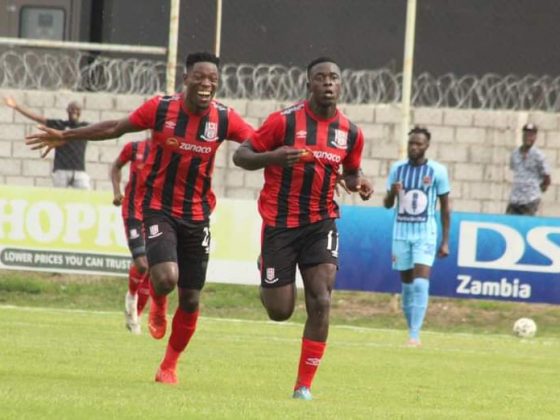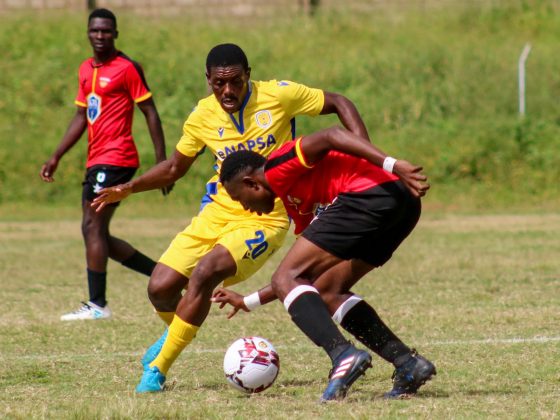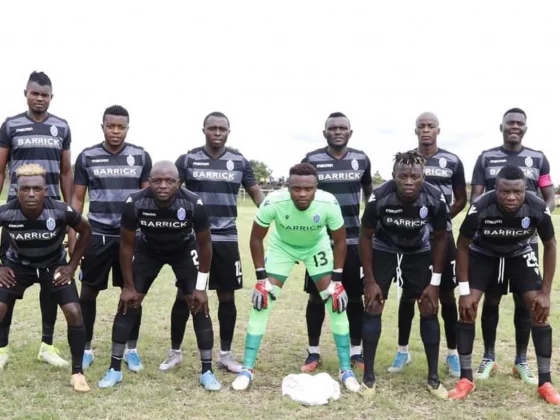with Stanslous Ngosa
@mohZambia
Adolescents are generally considered to be a “healthy” group in our population. However, adolescents face a number of challenges as they are growing up.
Ministey of Health Chief Adolescent Health Officer Mable Mweemba Musheke, explains that Some of the challenge adolescents encounters in life is Gender Based Violence, commonly known as GBV. Gender based Violence against adolescents is one of the most prevalent human rights violations in the world which has no social, economic or affiliation boundaries.
According to the United Nations, Gender Based (GBV) is defined as “any act of violence that results in, or is likely to result in, physical, sexual or mental harm or suffering to girls, boys, women and men which includes threats of such acts, coercion or uninformed denial of human rights, whether happening in public or private life”. GBV is a global health and human rights issue with individual and social determinants which affect everyone. Girls and Women are mostly the target for GBV and this is because of the unequal power relationships between males and females. Violence is directed at a girl or woman because of her gender. Boys and men are affected by GBV too, but at a smaller scale.
Adolescents are considered to be at high risk of GBV and can either be victims or perpetrators. Most adolescent girls and few boys suffer from sexual violence which could be forced sexual debut for younger adolescents (defilements) and intimate partner violence for older adolescents which include rape. This is normally done to adolescents by people familiar to them and rarely by strangers. Perpetrators are mostly family members (brothers, sisters, cousins, uncles, fathers , neighbours, teachers, church members and so on.
In 2018, the Ministry of Home Affairs through the Zambia Police Service recorded a total of 22, 073 cases of different forms of GBV reported country wide which included physical and sexual assault and prohibition of certain marriages.
A total of 2, 578 defilement cases were recorded of which only 4 were boys. This confirms how much adolescents are affected by GBV. There are a lot of unreported GBV cases in our communities which mask the magnitude of the problem.
Adolescents are enticed with gifts ranging from sweets, biscuits, clothes, phones, cars and ‘good marks’ for pupils/students at all levels of education. Sadly, some adolescents are recruited into commercial sex work or trafficked to other places by people in the community or their own family members.
Forced early marriage is another form of GBV against adolescents, especially girls at the expense of their education and future life. Lack of role models in families and communities as well as financial challenges are reasons advanced for this atrocity.
Another form of GBV affecting adolescents is battering (Physical violence) by parents, step parents, guardians, siblings and community members. From fellow learners and teachers, adolescents experience school based violence like bullying and beating which affect adolescent’s performance in class, reduces school attendance and in some cases leads to school drop outs especially among the boys. It is further established that certain groupings such as street gangs, unemployed youths and drug users are likely to cause GBV especially on adolescent girls.
Gender-based violence undermines the health, dignity, security and autonomy of its victims, yet it remains hidden in a culture of silence in our communities. Some victims of violence suffer sexual and reproductive health consequences such as unwanted pregnancies, unsafe abortions, disability, sexually transmitted infections including HIV, and even death among adolescent girls. Adolescent boys suffer from sexually transmitted infections including HIV too and in most cases are forced into alcohol and substance abuse which in turn have social and economic consequences of increasing crime levels in our communities. Some studies have shown that most adolescents that suffer abuse tend to be perpetrators of GBV in their adult life. Therefore, it is everyone’s responsibility to ensure that children and adolescents are protected from GBV to help them grow into responsible citizens.
Adolescents need to be aware of all forms of violence and what to do when faced with it and where they can access services from.
There are over 23 Gender Based Violence (GBV) One Stop Centres located in health facilities across the country where victims of physical and sexual abuse can access counselling, medical, legal and social services. Call toll free 116 or 933 on all networks to get help for any form of abuse and information on health problems. A counsellor on the other side of the line will provide counselling services to young people in distress and information on institutions offering health, social and legal services.
Adolescents can also seek counselling services through trusted family members, religious and church organisations, health facilities and YWCA if affected by GBV.
Report all cases of GBV and sexual harassment to VSU and YWCA.





